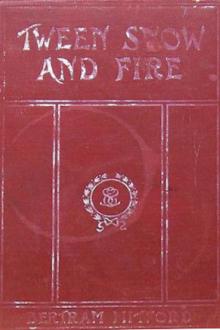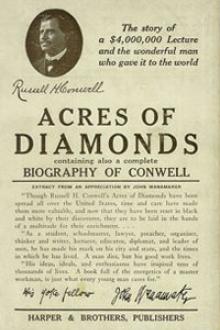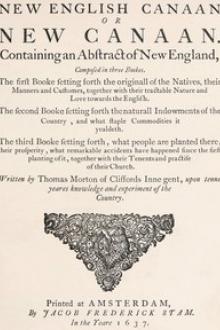''Imperialism'' and ''The Tracks of Our Forefathers''
''Imperialism'' and ''The Tracks of Our Forefathers''
Book Excerpt
preceded in the occupancy of a region, settled gradually down into a common possession, and, in the slow process of years, an amalgamation of stocks, more or less complete, took place. In America, with the Anglo-Saxon, and especially those of the New England type, this was not the case. Unlike the Frenchman at the north, or the Spaniard at the south, the Anglo-Saxon showed no disposition to ally himself with the aborigines,--he evinced no faculty of dealing with inferior races, as they are called, except through a process of extermination. Here in Massachusetts this was so from the outset. Nearly every one here has read Longfellow's poem, "The Courtship of Miles Standish," and calls to mind the short, sharp conflict between the Plymouth captain and the Indian chief, Pecksuot, and how those God-fearing Pilgrims ruthlessly put to death by stabbing and hanging a sufficient number of the already plague-stricken and dying aborigines. That episode occurred in April, 1623, only a little more than two years after the
Editor's choice
(view all)Popular books in Essays, History
Readers reviews
0.0
LoginSign up
Be the first to review this book

 Free Download
Free Download

























